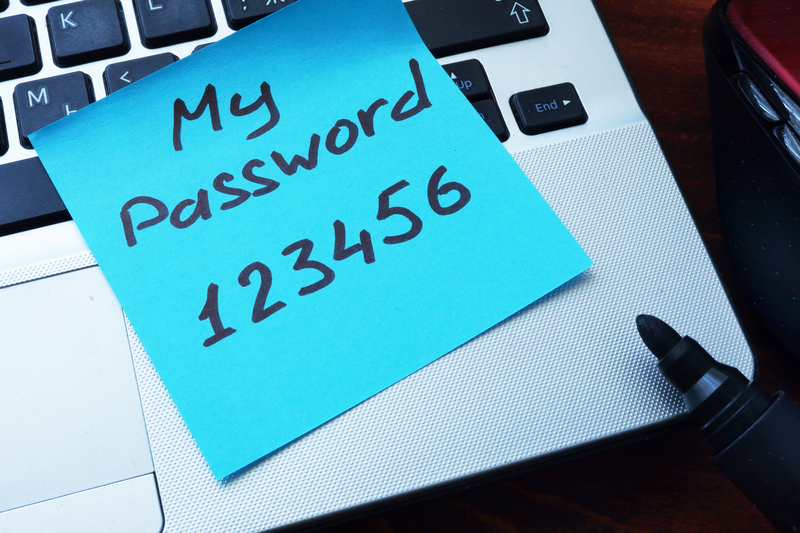
Analysis of breached passwords shows almost all are weak
New research from Specops has analyzed 10 million random passwords from the billion+ breached password list used by Specops Password Auditor and finds that a startling 98.5 percent are weak.
The research defines a ‘strong’ password as having at least 15 characters in length and at least two different character classes. A long password of 15 identical-class characters (for example all lowercase) is easier to crack than one that mixes in digits or symbols.
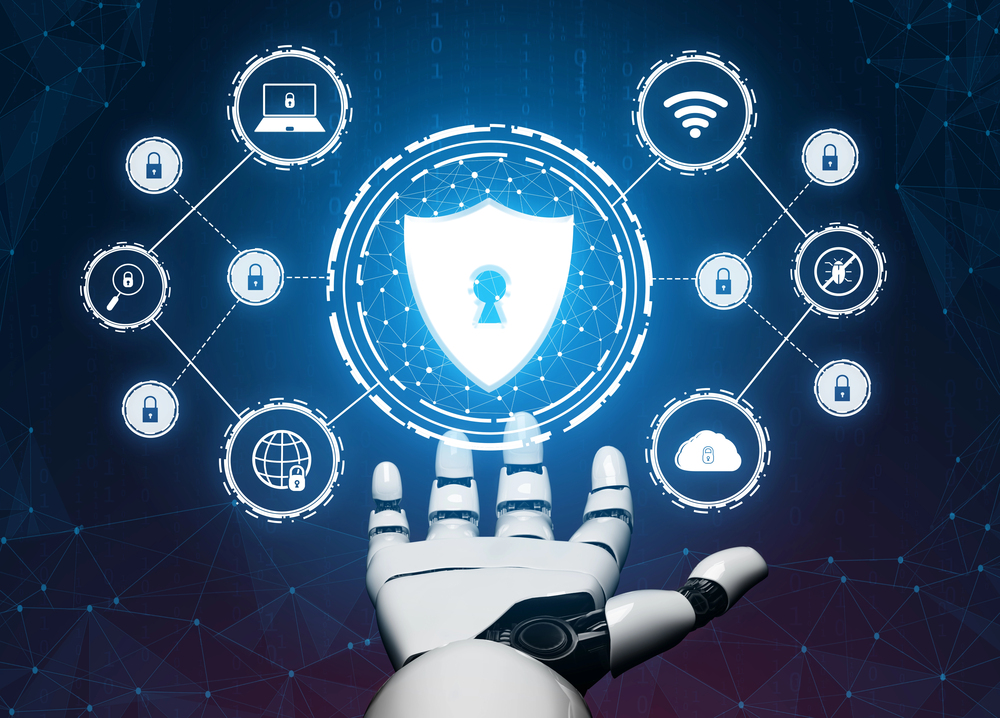
Google launches new AI security initiatives
Ahead of the summer’s round of cybersecurity conferences Google is announcing a range of new initiatives aimed at bolstering cyber defenses with the use of AI.
Last year the company launched Big Sleep, an AI agent developed by Google DeepMind and Google Project Zero, that actively searches and finds unknown security vulnerabilities in software.
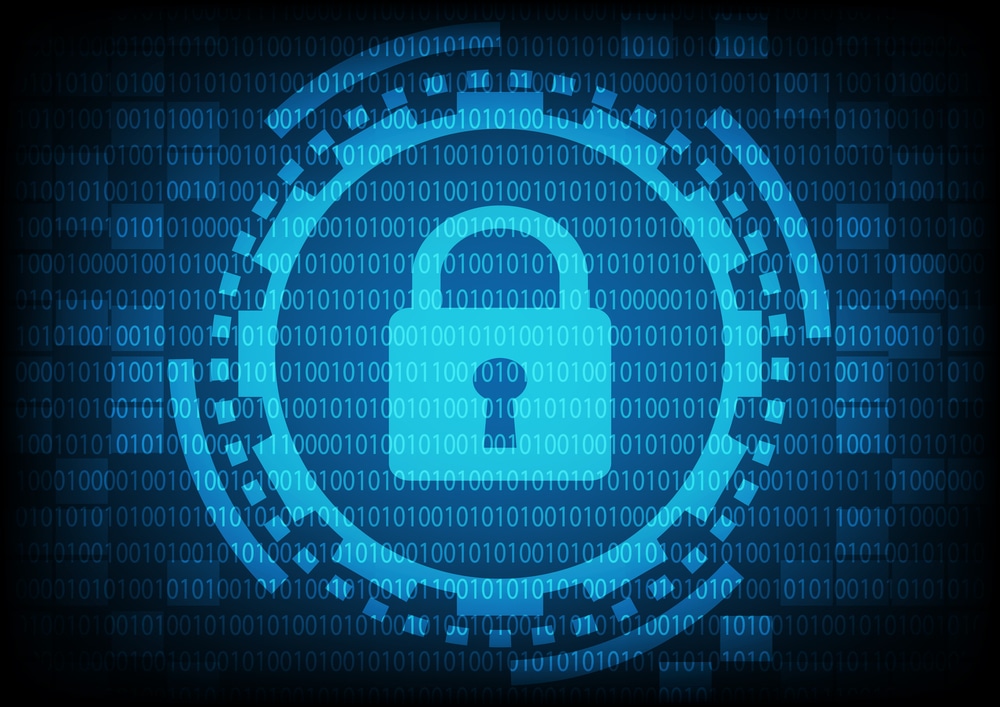
Encryption adoption up but sensitive data is still at risk
Encryption adoption has soared to 94 percent, but inconsistent application continues to put sensitive data at risk, finds a new survey.
The study from secure storage maker Apricorn shows that 59 percent of IT security decision makers say encryption has increased, allowing them to better protect their data, including on lost/stolen devices.

Security teams struggle to prioritize and patch vulnerabilities
According to a new report 39 percent of security professionals say they struggle to prioritize risk remediation and patch deployment, with 35 percent saying they struggle to maintain compliance when it comes to patching vulnerabilities.
The study from Ivanti also finds 87 percent of security pros feel they do do not have access to the critical data needed to make informed security decisions. In addition 46 percent believe IT teams lack urgency when addressing cybersecurity problems.

Supply chain issues pose major risks to financial organizations
While banks and financial institutions generally have strong defenses, third-party vendors often lack the same levels of security, something that can offer providing attackers indirect access to the institutions they serve.
A new report from Black Kite examines the shifting landscape of cyber threats in the financial sector, highlighting the critical importance of understanding and mitigating the hidden dangers within the vendor ecosystem.

Over half of employees fall for mobile phishing scams
A new report shows that security leaders have false confidence in their capabilities and employees when it comes to mobile security. While 96 percent are confident their employees can spot a phishing attempt, 58 percent have reported incidents where employees fell victim to executive impersonation scams via text message.
The study from Lookout, of more than 700 security leaders globally, underscores a critical need for organizations to rethink their cybersecurity strategies, particularly around the human-risk factors for social-engineering attacks.

European manufacturers face critical vulnerabilities
The manufacturing industry is the most targeted industry for cyberattacks and this has has now been the case for four consecutive years.
A new study from KnowBe4 shows that this combined with the manufacturing sector’s expanding digital footprint is putting operations, intellectual property, and economic resilience at risk from critical vulnerabilities.

Persistent security gaps found in hybrid identity systems
Organizations are continuing to struggle to identify and address security vulnerabilities in hybrid identity systems such as Active Directory, Entra ID, and Okta.
This is among the findings of a new report, from AI-powered identity security and cyber resilience company Semperis, which is based on results from Purple Knight a free Active Directory security assessment tool by Semperis that has been downloaded by 45,000+ organizations.

OT security becomes a board priority for enterprises
Operational technology (OT) can often be a cybersecurity weak spot for enterprises, relying as it does on older hardware and operating systems that are hard to update.
It’s no surprise then that a new report from Fortinet shows there has been a significant increase in the global trend towards corporations planning to integrate cybersecurity under the CISO or other executives.

Back to the office means back to basics on security
The shift to remote work was hastened by the Covid-19 pandemic, pushing companies to quickly adapt to employees working from home. Years later, remote and hybrid work remain common, offering a high degree of flexibility that many workers now take for granted.
Businesses have increasingly begun encouraging employees to return to the office, if only part-time. Leaders point to benefits like easier collaboration, improved team dynamics, and a clearer boundary between work and home life.

AI-generated deepfakes used to drive attacks
As generative AI tools have become more powerful, affordable and accessible, cybercriminals are increasingly adopting them to support attacks, these range from business fraud to extortion and identity theft.
A new report from Trend Micro shows that deepfakes are no longer just hype but are being used in real-world exploitation, undermining digital trust, exposing companies to new risks, and boosting the business models of cybercriminals.
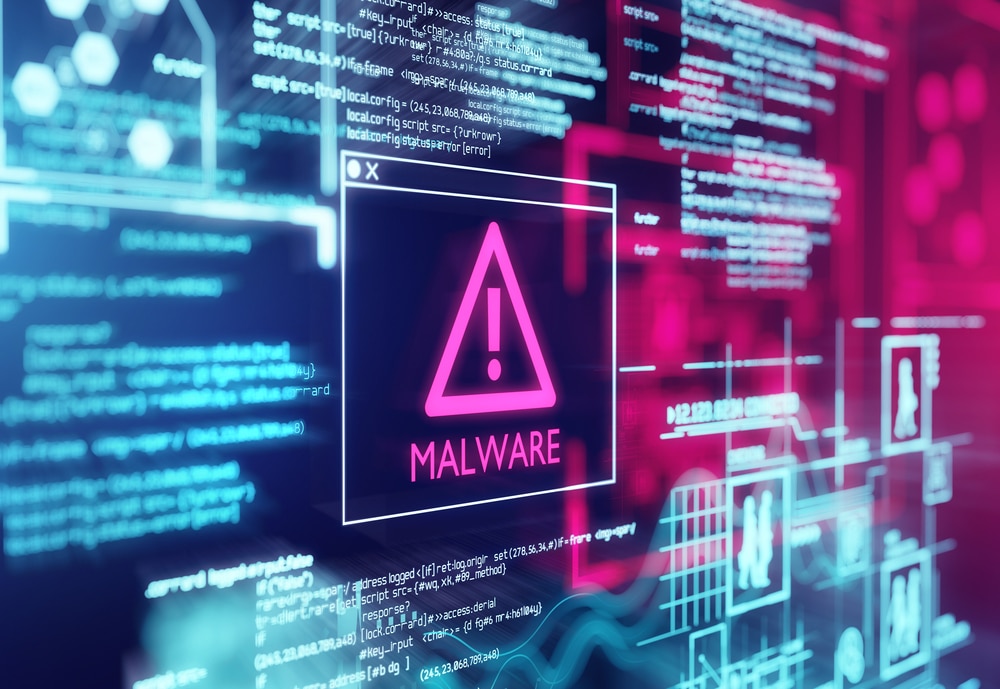
Open-source malware targets data exfiltration
Supply chain security company Sonatype has released the Q2 2025 edition of its Open Source Malware Index, uncovering 16,279 malicious open source packages across major ecosystem.
This brings the total number of open-source malware packages Sonatype has discovered to 845,204. Compared to the end of the same quarter last year, the total volume of malware logged by Sonatype has surged 188 percent, underscoring the growing sophistication and scale of attacks aimed at developers, software teams, and CI/CD pipelines.
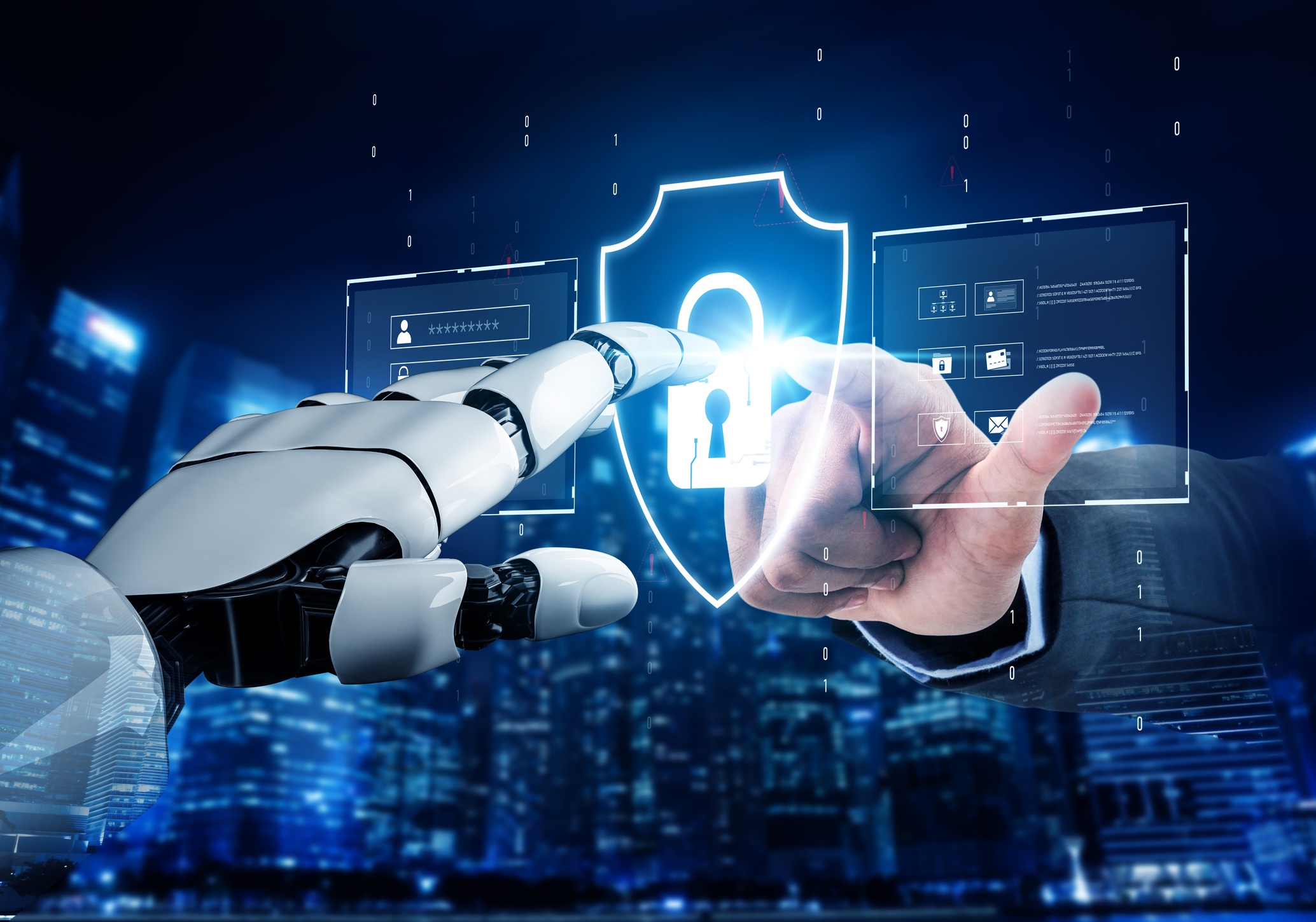
AI is quietly taking over enterprise cybersecurity -- this is what you need to know
AI is reshaping how companies protect themselves against cyber threats, according to new research from ISG Software Research.
Enterprises are building layered cybersecurity defense systems that combine access controls, endpoint monitoring, and data recovery, and artificial intelligence is helping these systems adapt faster and work more effectively.
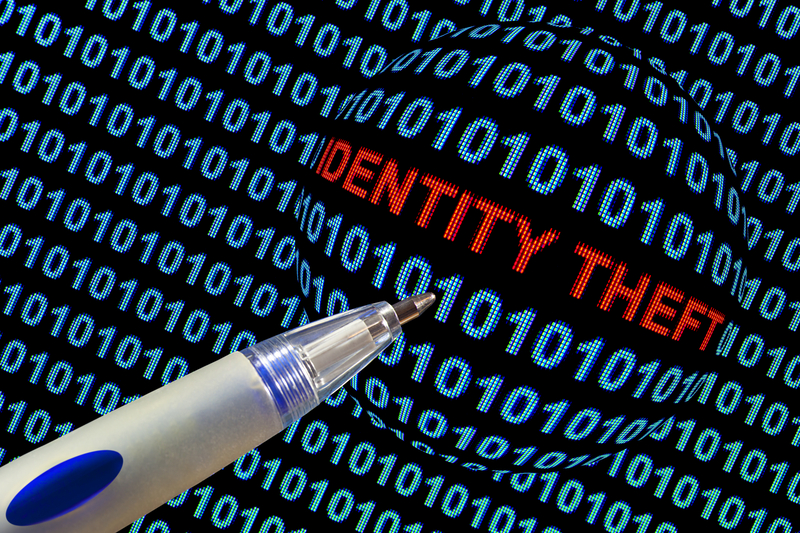
Infostealers blamed for surge in identity attacks
Advanced phishing kits and info-stealing malware have accounted for a 156 percent jump in cyberattacks targeting user logins.
A new report from cybersecurity company eSentire shows attackers are increasingly opting for obtaining login credentials and session cookies via phishing or malware. This then allows them to carry out Business Email Compromise (BEC) attacks, gain access to bank accounts, or steal cryptocurrency.

Why Active Directory remains a popular target for attackers and what to do about it [Q&A]
Microsoft Active Directory (AD) turned 25 earlier this year -- remarkable longevity in the technology world. It’s the identity backbone for more than 80 percent of enterprises, meaning a breach could be catastrophic.
We spoke to Sean Deuby, principal technologist at Semperis, to look at the top considerations for protecting AD for the future, as most organizations he talks to have no plans to move on from the aging technology.
